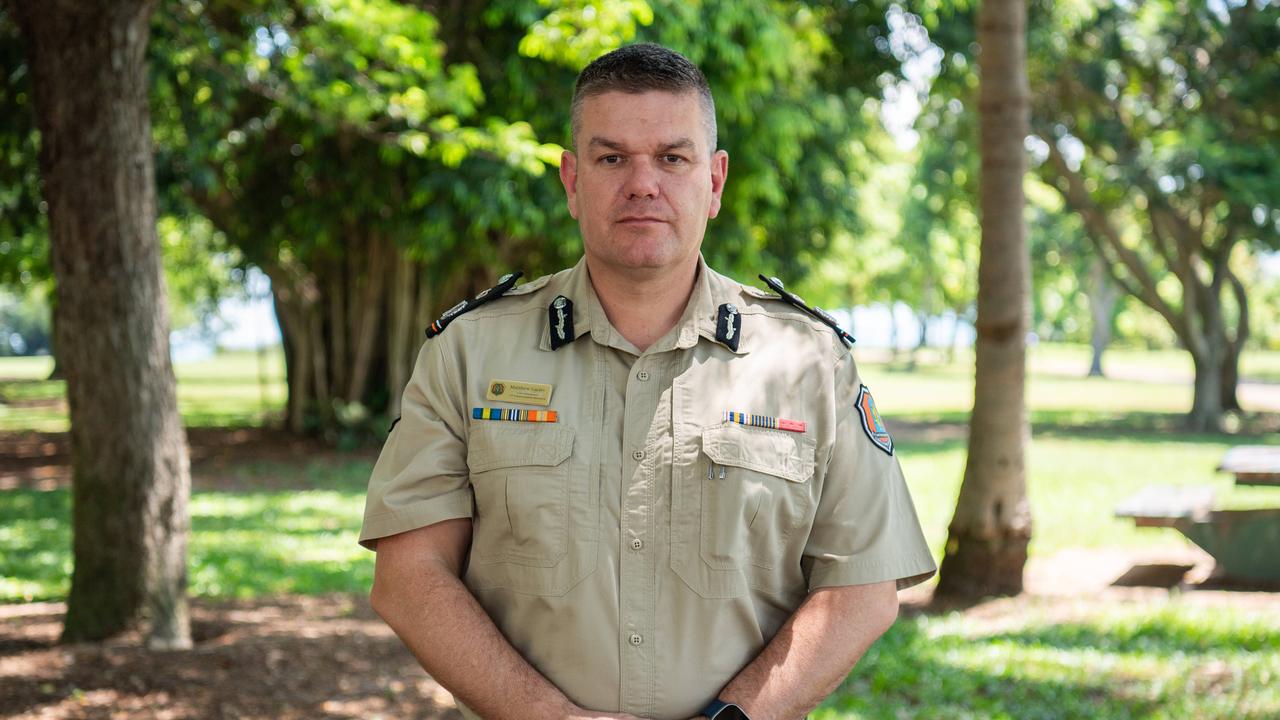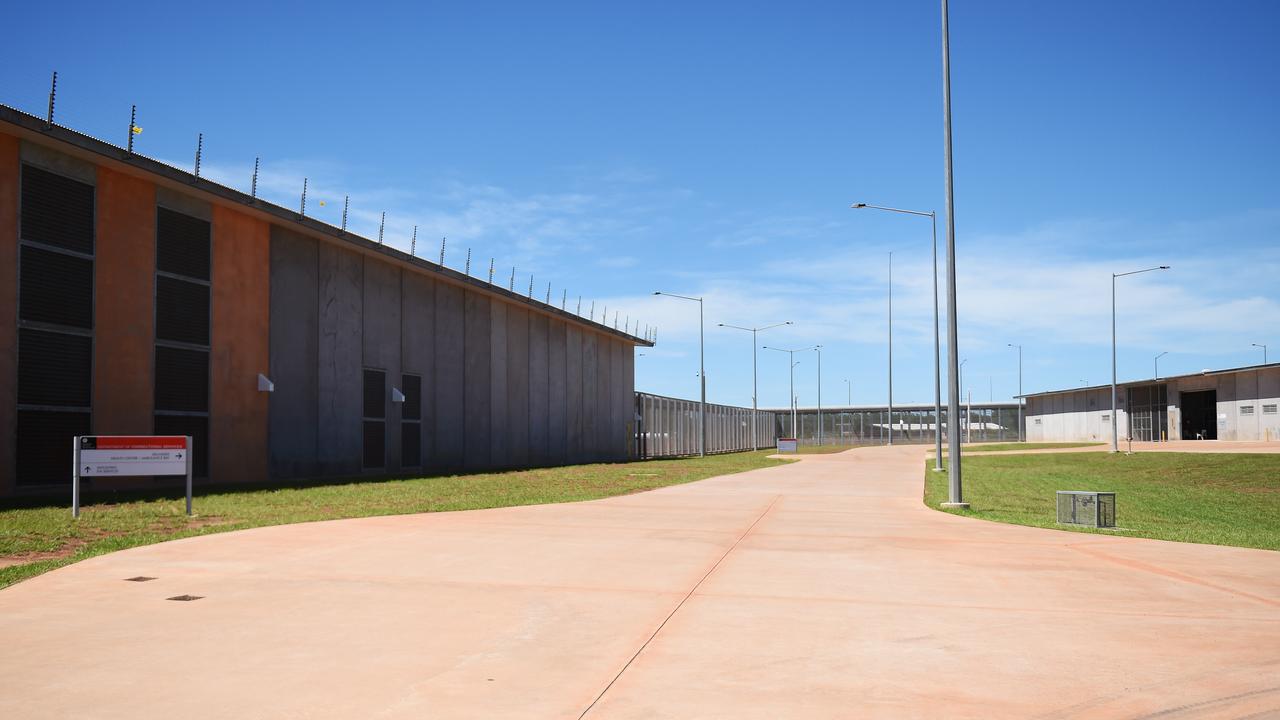NT Corrections boss aims to help more prisoners access NDIS post-release
Changes to disability support access for prisoners could have a huge impact on the Territory’s crime rate. Read how.

Life after lockup for Territorians with a disability may soon be a little easier as the Justice Department commits to improving post-release coordination.
Corrections Commissioner Matthew Varley said he aimed to increase the number of prisoners leaving with formalised disability funding plans over the next 12 months.
In the wake of the 2023 Disability Royal Commission, Mr Varley said more work was needed to ensure eligible prisoners had pre and post-release access to the National Disability Insurance Scheme.

“We think there’s some more work we can do this year to understand how we can connect prisoners better with the NDIS so that when they exit prison, they have a better plan,” he said.
The 2023 Royal Commission found that while 2.9 per cent of Australians have an intellectual disability, 15 per cent of prisoners had this impairment.
Two out of every five prisoners are estimated to have a mental health condition.
The Royal Commission slammed the National Disability Insurance Agency as having a “restrictive approach towards its responsibility to provide transition supports” for people leaving prison.

One of the 222 recommendations to come from the Royal Commission was for the NDIA to change its guidelines so that a release date was not a precondition of accessing support services.
The NDIA now allows prisoners to start preparing 12-14 weeks before their possible release date, with people with complex needs or long-term sentences able to start planning earlier.
Mr Varley said this post-release support could have a significant impact on the Territory’s crime rate.
“If someone has not got the means, connections or ability to access the NDIS scheme in the community and they find their way to prison I want to make sure that we’ve got a better shot at getting them the right level of support in the community when they return,” he said.
“I think that would be a key way we could reduce recidivism in the Territory.”
Mr Varley acknowledged that while some people had NDIS plans in place, the services accessible in the prison were “somewhat limited”.
Women with severe disabilities have been put in the care of fellow prisoners due to a lack of female mental-health beds, while an upcoming coronial inquest is expected to investigate how a 66-year-old prisoner with severe dementia passed away in Alice Springs.
Amid crippling prison population growth, Corrections has also commandeered some facilities meant for disabled prisoners in Darwin’s 34-bed, mens-only Complex Behaviour Unit.
Mr Varley said a dormitory was set up in a “less used” recreation room in the mental health unit, with other program rooms still available.
But he said Corrections was exploring how to expand the number of complex needs beds, “but that’s a longer term piece of work”.
A 2016 NT Correctional Services review by Keith Hamburger found that the CBU was “originally intended to be staffed and managed by the Department of Health as a forensic mental health unit”.
However, the space remains staffed and managed by correctional officers, with NT Health only providing clinical and case management services.
Mr Varley said while Health were looking to expand their prison mental health services, the CBU would continue to be run by Corrections.





